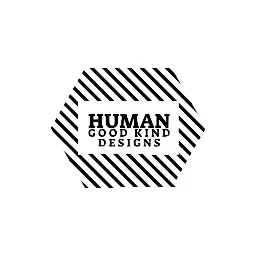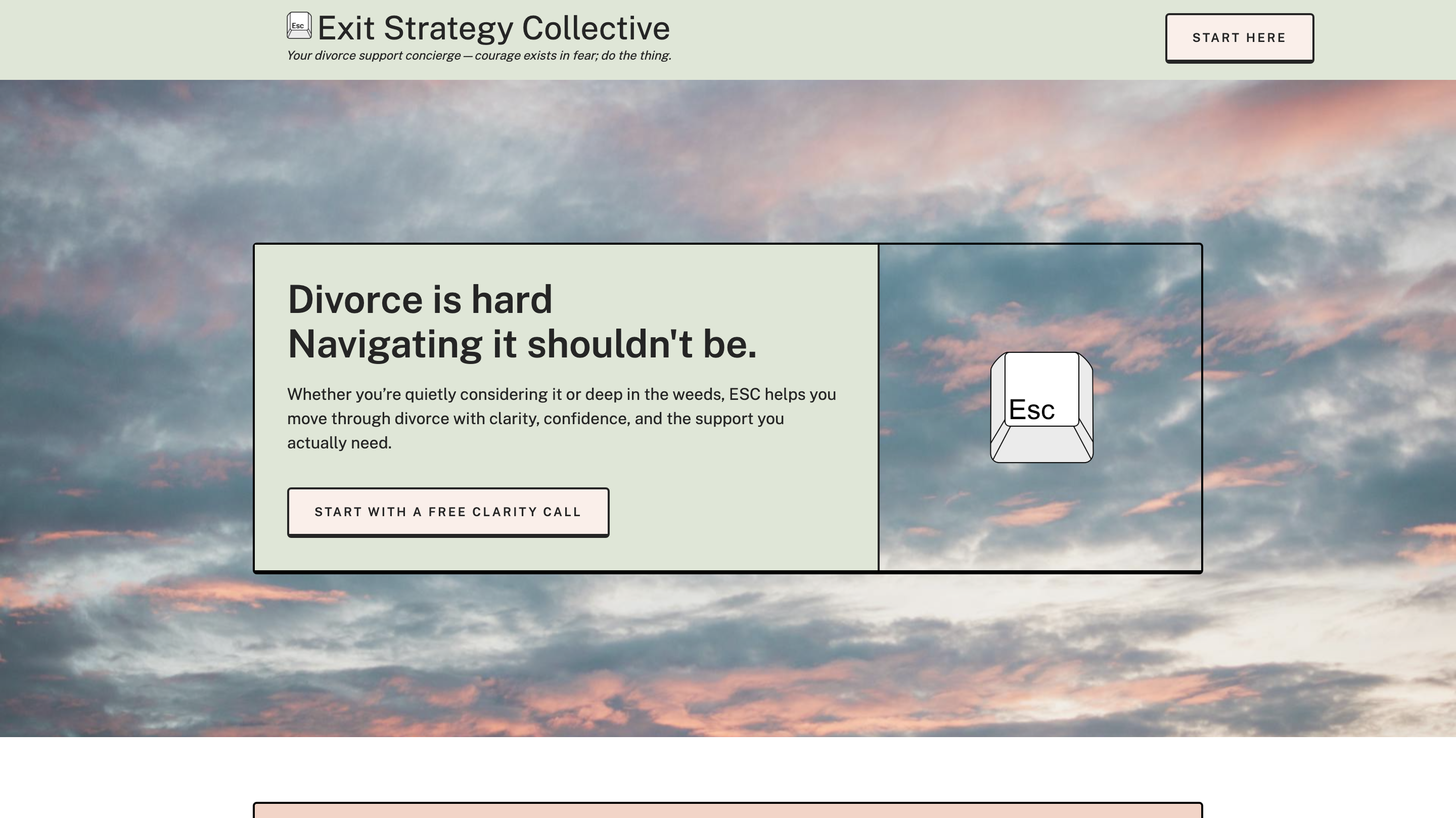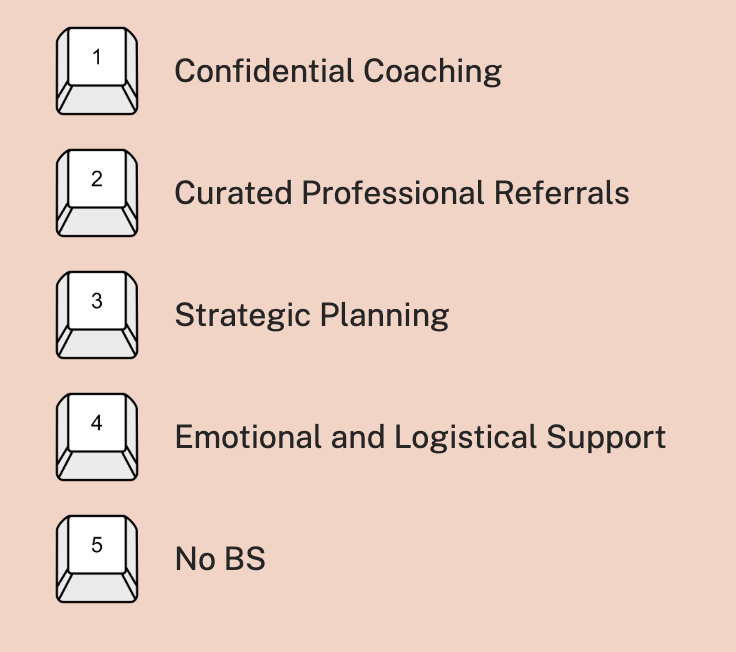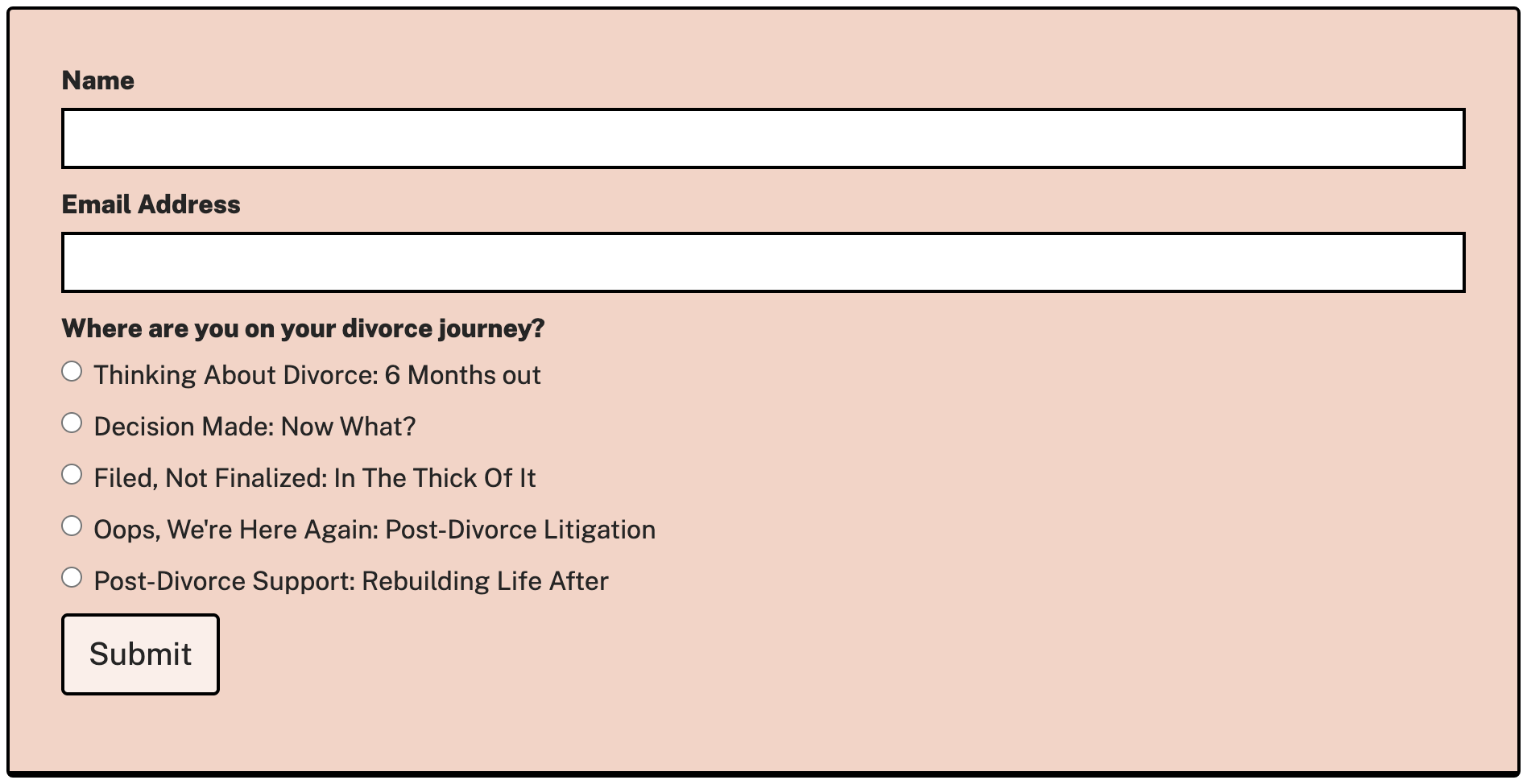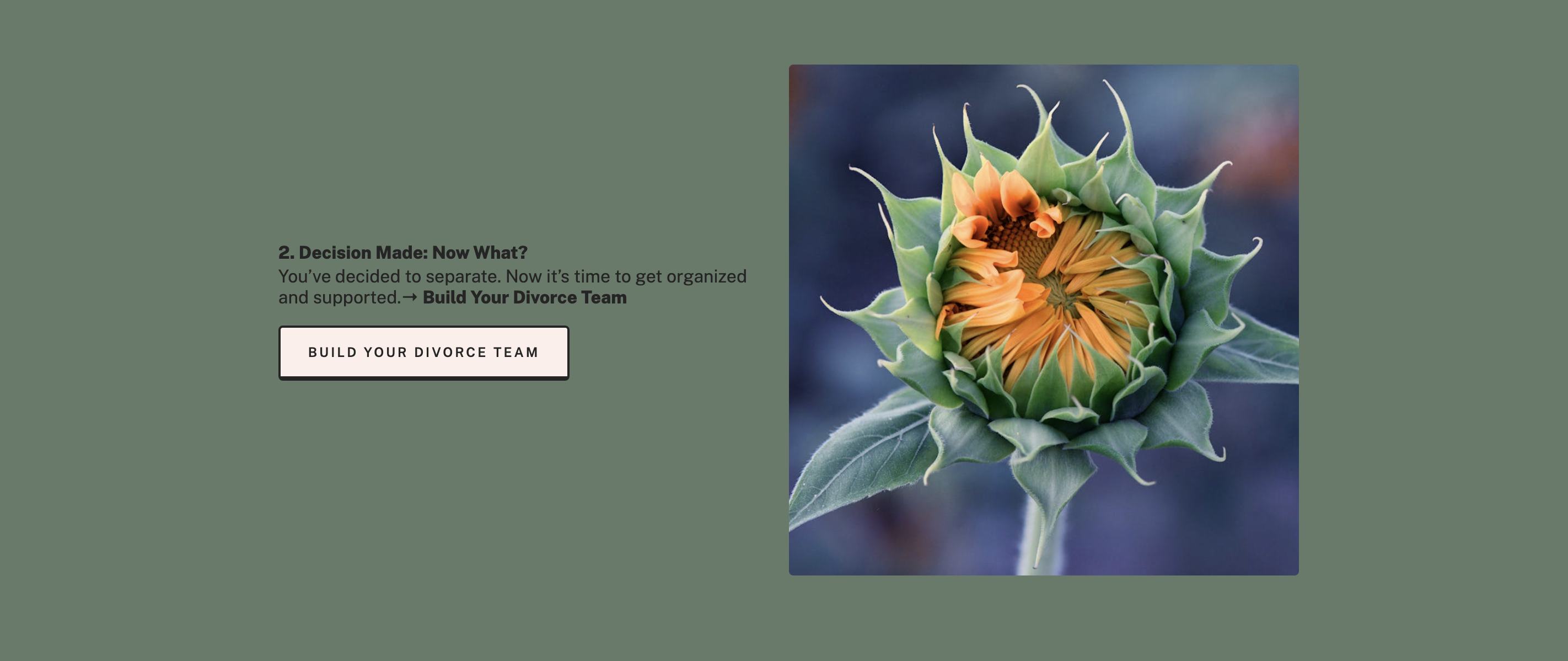Designing for Real Life: Exit Strategy Collective
Some projects start in boardrooms or inboxes. This one started in the school pickup line.
The Exit Strategy Collective came to life during the honest in-between moments—those heart-pangs of separation at morning drop-off, and the relief of reconnection at day’s end. It's in those moments that you realize how many parts of life don’t come with a manual—especially when a marriage ends.
Divorce isn’t rare, but community-driven, affordable guidance through it still is. Too often, people are left navigating one of life’s most emotionally taxing transitions alone—or worse, funneling every question and ounce of panic through a $400/hr legal retainer.
That’s why Exit Strategy Collective struck such a chord with me.
This team of women has been through it. They've already paid the thousands, felt the isolation, and done the rebuilding. Their goal is simple: offer tools, shared wisdom, and a support system that doesn’t treat divorce like a dirty secret. It’s human. And it deserves empathy, clarity, and structure.
Designing with Intention (and One Lucky Keyboard Key)
When this project landed in my lap, all I had was a name and a stock image of a keyboard key labeled “ESC.” Funny how serendipity works—ESC is not only shorthand for “Exit Strategy Collective,” but a literal symbol for escape, transition, and resetting. That one image became the foundation for the whole visual direction of the brand.
I leaned into that motif across the site—not heavy-handed, but thoughtful, reinforcing that subconscious sense of steadiness and professionalism. Sometimes it’s those details—subtle but intentional—that help people feel like they’re in good hands before they’ve even read a word.
There are ideas and iterations that didn’t make it to the final site, and that’s okay. What matters most is that the experience feels welcoming, grounded, and quietly strategic—just like the work Exit Strategy Collective is doing on their live site.
A Note on Professional Growth
This project also marked a quiet turning point for me professionally. It was a masterclass in trust and restraint—an exercise in shaping a vision from minimal instruction while honoring the time and bandwidth of busy, mission-driven founders.
With very little initial input, I had to listen between the lines, read into what was felt more than what was said, and turn that into a cohesive, meaningful brand experience. That kind of constraint forced me to stretch not just creatively, but relationally. I learned how to guide gently, design intuitively, and make decisions that serve both the story and the people telling it.
It reminded me that good client work isn’t just about executing clean code or clever layouts—it’s about making the process feel possible for people who are already carrying a lot.
